“Cumulatively sanctioning 10 students of color for speaking the truth is outrageous – it’s absolutely outrageous. Because plain and simple, they’re right. They’re absolutely right,” Stephanie Rivera Berruz, associate professor of philosophy, said.
After the demonstration at the original convocation date Aug. 25, Marquette University took disciplinary action against participating students and sent them through the Student Code of Conduct.
Both Rivera Berruz and Julissa Ventura, assistant professor in education policy and leadership, said that the students will either be faced with probation or probation and suspension with abeyance.
“But we don’t really know what it [suspension with abeyance] means, because it’s not in the student handbook,” Rivera Berruz said.
Both said on top of that, some students have to pay a fine of $300, write an apology letter, complete 20 hours of community service and write an educational program on the demonstration policy. If a student is placed on probation, they will likely have to step down from any leadership role.
The Marquette Wire independently confirmed this information.
A source involved with the matter spoke to the Marquette Wire. The Marquette Wire granted anonymity to the student to protect their identity.
The source said in terms of the educational seminar that they aren’t exactly sure what it means. They said they could create a flyer, virtual or in-person training, a formal video or other educational material.
The students will have five business days to appeal the student code of conduct outcome.
“What is Marquette going to do with $300 per student? … Realistically, that is not anything to this institution,” Ventura said.
Ventura mentioned how there were other ways the university could have taken disciplinary measures. She said there are people on campus who are experts on restorative justice, yet Marquette chose to go through the student conduct process which she described as “punitive.”
Ventura was a witness at some of the students’ hearings. She said that the conduct process harmed the students involved.
“In the hearings, intimidation tactics were used. There were interrogations where they were asking students to name other students involved, they were not educational,” Ventura said. “The person questioning them didn’t stop the line of questioning even when seeing students in emotional distress.”
Ventura said this process made the students go through their trauma all over again.
“For my own personal experience this has been very traumatizing and draining. I’m just thinking about the events in general and how Marquette decided to proceed just shakes me up. I shouldn’t be focused on any of this, I shouldn’t be treated as a criminal. At the end of the day I’m a student, I am trying to do the best I can to graduate,” the source involved in the matter said.
Ventura said that she believes that there’s this narrative that the students are “rabble-rousers,” which she said isn’t the case.
“These students are Marquette students who are living to be the difference,” Ventura said. “To me, if the university really stands by their slogan, by their Jesuit values, then we would be supporting these students instead of punishing them.”
In a statement shared with the Marquette Wire, Marquette university spokesperson Lynn Griffith said that the university acknowledges the frustration voiced in the demonstration at the convocation concerning the support for people of color on campus.
“We likewise acknowledge that the way in which these frustrations were shared prevented a planned, celebratory moment for the Class for 2026 and their families. Because of our commitment to student development, when students have acted contrary to our community Standards of Conduct, these behaviors are addressed through the student conduct process. Details and outcomes from student conduct cases are protected by federal privacy laws and will not be disclosed by the university,” Griffith said in the statement.
Ventura said that if these students had proper support on campus, maybe they would have taken a different approach to convey their message.
“Punitively sanctioning them for being brave enough to get up on a stage and say that in front of hundreds of people that to me sounds like an act of bravery, right? Granted, I’m not denying that it wasn’t in violation of whatever rules the institution has, but that doesn’t get to the core of what transpired, right? Which is that these students were absolutely right,” Rivera Berruz said.
Ventura also said that being in Milwaukee, a city that’s so diverse, having 30% students of color in the first-year class this year still isn’t enough.
Advisor Smith named Milwaukee the sixth most diverse city with a population of 500,000 or above.
Ventura said the result of this situation has made her think about institutional racism. She said that policies and practices are racist when the institution doesn’t take into consideration a student’s background, socioeconomic status and who students are.
Ventura also said that the students who are being punished are not Marquette’s typical student who might have legal guidance.
“We’ve already harmed these students. We have failed them as an institution and we just continue to do it,” Ventura said.
Ventura then said we should question why Marquette has a demonstration policy.
Currently, Marquette’s demonstration policy requires students to have their protest or demonstration eventually approved by the Dean of Students.
Ventura said the students who were punished were told that they should have been responsible for understanding Marquette’s demonstration policy. Ventura said she believes this is unfair because no student will have read the student handbook from cover to cover.
“But if we say we are for academic freedom as a higher education institution, then why do we have a demonstration policy that has students ask for permission?” Ventura said.
Rivera Berruz said in this particular circumstance, the students were successful at calling out the harm that the university has caused them, and the administration got upset about it. She said this begs the question of who the educator is in the room.
“To take such a punitive stance suggests that the students successfully pissed off the right people,” Rivera Berruz said. “They rattled the cage in exactly the place it needed to be rattled.”
Ventura said that these students were silently demonstrating as Provost Kimo Ah Yun and University President Michael Lovell passed right by them without looking or acknowledging their presence which she said escalated things because it made the students feel invisible.
“I would also ask where was the president? Why didn’t the president say I’m willing to speak to you? I’m willing to hear what you have to say, right?” Ventura said.
After students pointed to a lack of support for students of color at the demonstration as well as being treated like a statistic, Marquette posted a statement Aug. 25 responding to their concerns.
“As a result of our ongoing efforts, 30% of our incoming first-year class identifies as students of color and we believe our overall diversity this fall will be at an all-time high,” the statement said.
The statement then said that they were “proud” of their diversity, equity and inclusion progress and remain devoted towards initiatives shared by the university and Marquette University Student Government.
“That’s not an accomplishment to me, that’s embarrassing,” Rivera Berruz said in terms of Marquette’s diversity statistics.
Ventura said she doesn’t believe the students are responsible for the postponement of the new student convocation.
“I want to reiterate that the students did not cancel convocation, the Provost canceled convocation because he could not de-escalate the situation, and he could have looked for people who could,” Ventura said. “He could have done a million things differently.”


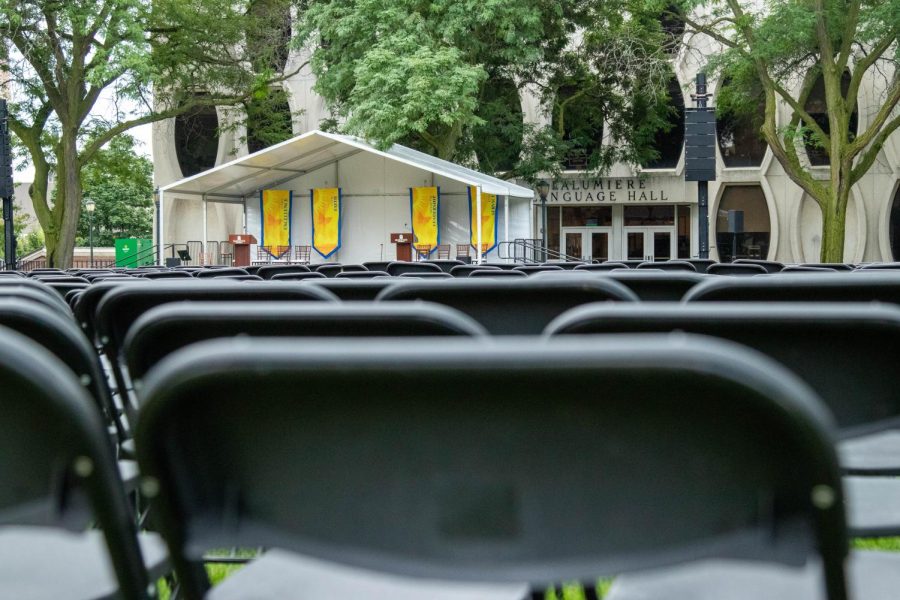

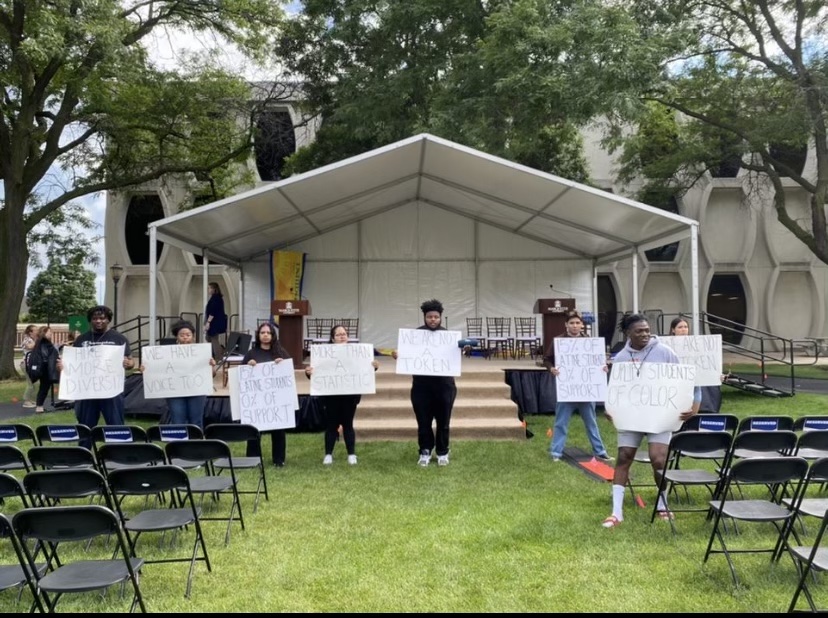
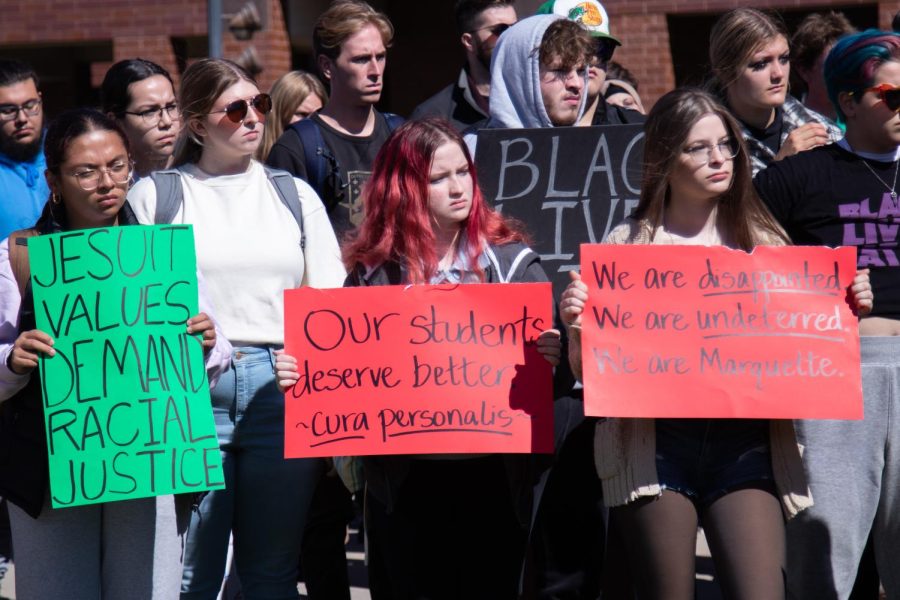
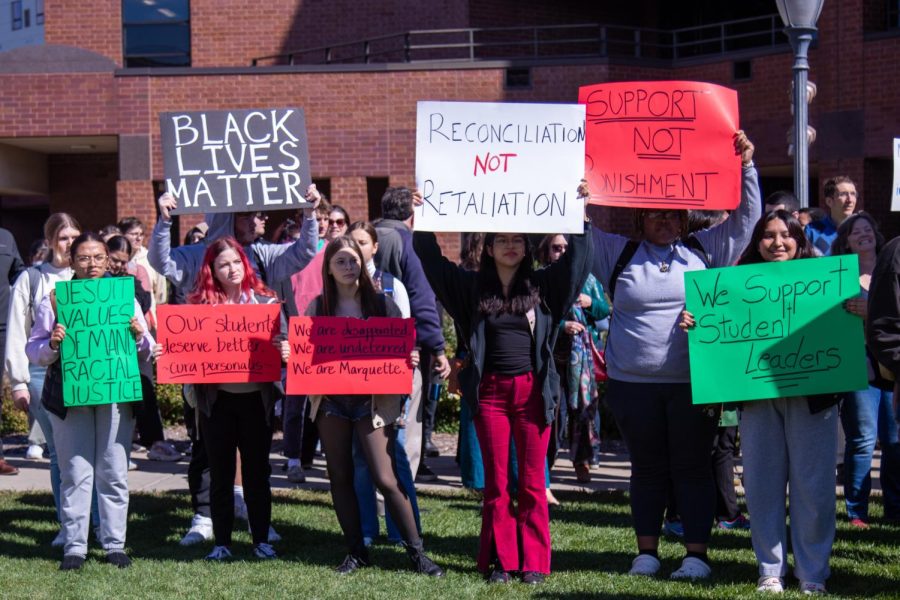
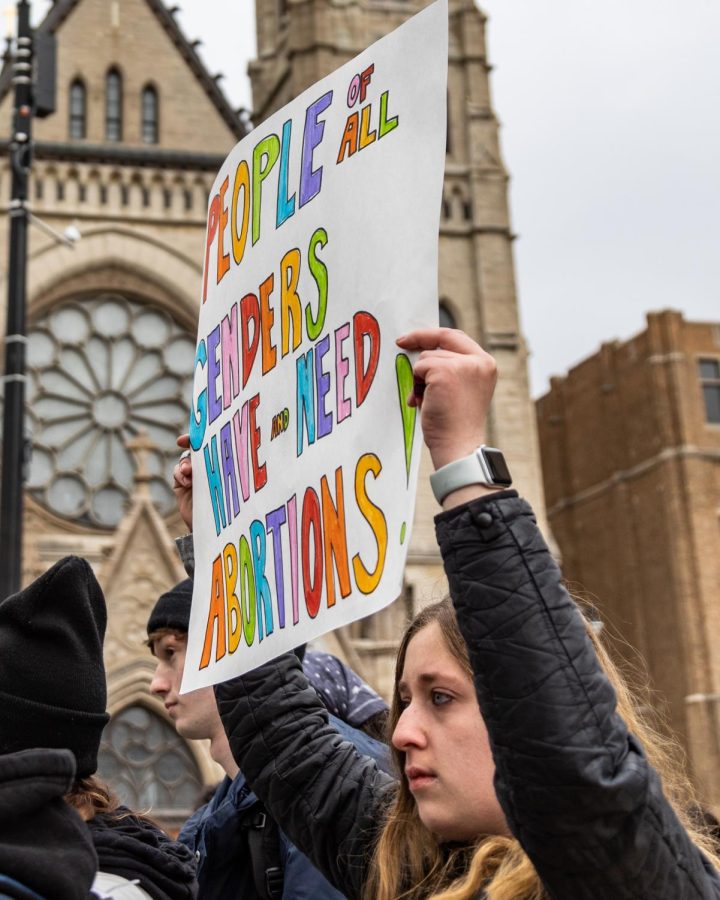
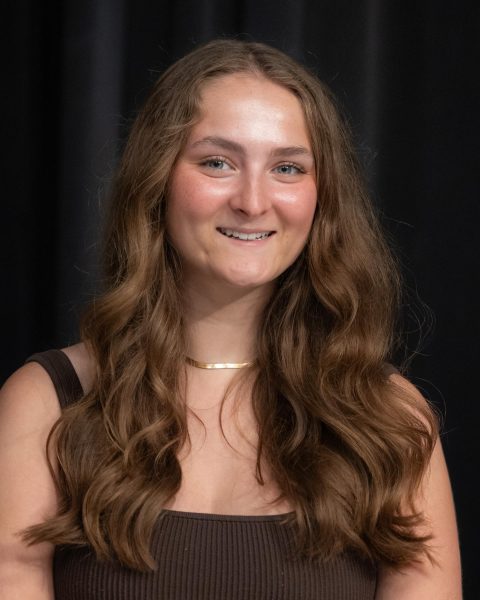
Jerry Schulz • Sep 27, 2022 at 3:13 pm
This could have been so different. I’m sure there’s more going on here, but the facts we do know make this sound like an event in a third world country, and hardly something you would expect from an institution that claims its main job is advancing the call of the Gospel.
I don’t get cancelling the convocation. Some students were going to stage a protest. So? I attended college in the 60s, when a big campus gathering would not have been complete without a few protestors.
The administration could have scored some points by giving the protestors a few minutes at the microphone. Instead, it looks like their main goal is preserving their “image” with their conservative alumni and donors.
It would help if the students would be wiling to reveal why the University said they needed to be disciplined.
Erick J. Padilla Rosas • Sep 27, 2022 at 1:13 pm
Excelente reportaje. Definitivamente la universidad pudo poner en práctica la justicia restaurativa, pero no lo hizo. Escuchar a los históricamente más desventajados, rechazados y excluidos, debe ser responsabilidad de una universidad jesuita que quierer “ser la diferencia”.